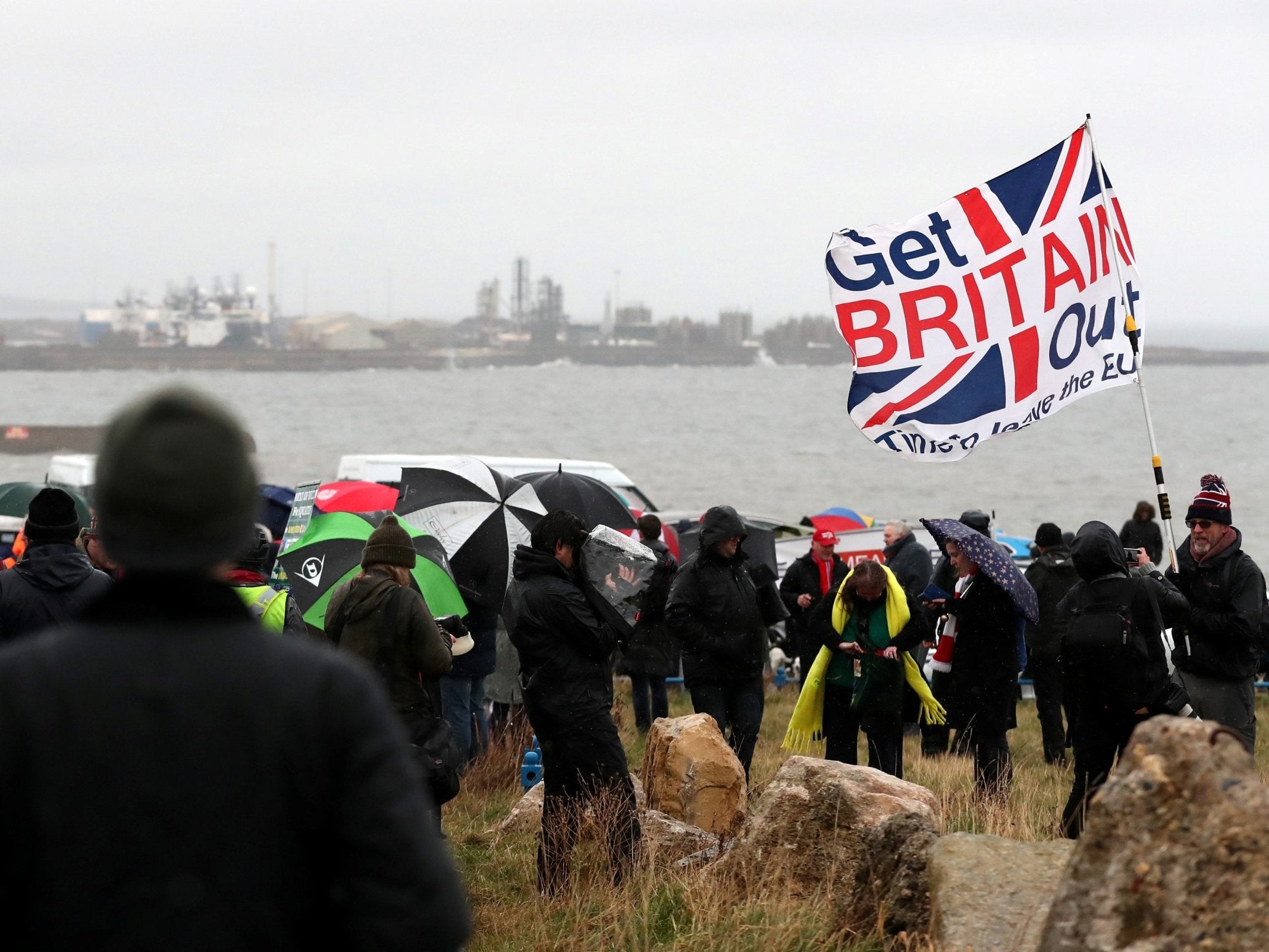Has John Bercow’s controversial Brexit ruling made a no-deal departure from the EU more likely?
Analysis: Eurosceptics are hopeful that the speaker’s intervention will force Britain off the cliff edge but, says Andrew Grice, they may be misreading the situation


John Bercow’s dramatic ruling that Theresa May cannot hold another vote on her Brexit agreement has undoubtedly caused a political storm. But has it made a no-deal exit from the European Union more likely?
Several Tory Eurosceptics think so, as does Nigel Farage, the former Ukip leader who is setting up a new Brexit Party.
They welcomed the speaker’s edict, hoping that denying May a third vote means the UK could still leave without a deal at 11pm on 29 March.
True, this currently remains the legal default position, as set out in the European Union (Withdrawal) Act 2018 – and it can be changed only by new legislation. With time running out, Bercow’s decision does mean that May has even less of it at her disposal.
However, the Eurosceptics are clutching at a very thin straw. Even if Bercow blocked May’s attempt to hold another vote on her deal by 29 March, that would not prevent her rushing through secondary legislation to delay the exit date. She intends to use a statutory instrument, which would require approval by both the Commons and House of Lords after a 90-minute debate.
Last week, MPs rejected a no-deal departure by 321-278, and voted 412-202 to extend the two-year Article 50 process. It would be odd for the government to ignore these votes.
In the unlikely event it tried, backbenchers would take matters into their own hands.
The nuclear option would be to collapse May’s government, with Tory MPs opposed to a no-deal exit backing a no-confidence motion tabled by Jeremy Corbyn – as some Tories have threatened to do. Then a caretaker administration would have to respect the will of MPs and avoid no deal.
Ironically, the Eurosceptics’ best hope of securing a clean break on 29 March now lies with the 27 other EU members, who must unanimously approve an Article 50 extension. If they decided not to do so, and instead cut the UK loose, the only way the government could avoid no deal would be by revoking its decision to leave the EU, which it could do unilaterally.
May has made clear she would never do this, and it is doubtful whether a majority of MPs would support the idea. However, the signs are that EU leaders will agree to a delay at their summit on Thursday and Friday, as they do not want to be blamed for a chaotic no-deal exit.
Strangely, Bercow’s ruling was welcomed by pro-EU as well as Eurosceptic MPs. They can’t both be right. MPs who want a Final Say referendum or a Norway-style deal believe the speaker has made a long extension more likely, and are probably right.
There is another reason why Eurosceptics could be disappointed – Bercow himself. His explosive intervention suggests he would help MPs find a way to stop a no-deal Brexit if he needed to.
Got an unanswered question about Brexit? Send it to editor@independent.co.uk and we’ll do our best to supply an answer in our Brexit Explained series
Join our commenting forum
Join thought-provoking conversations, follow other Independent readers and see their replies
Comments